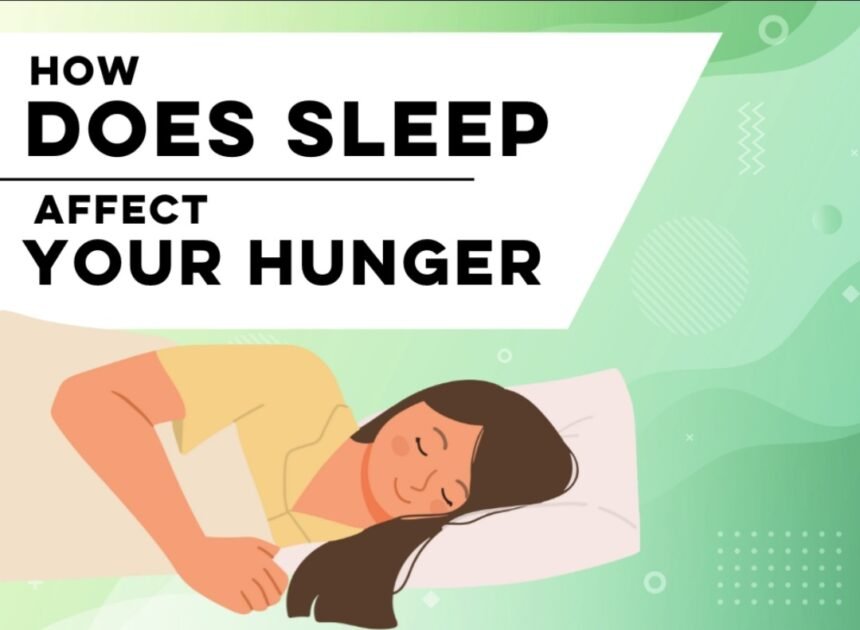According to nutritionist, our sleep cycle can affect our hunger. Lets have a looks on tips to manage your unhealth lifestyle.
If you’ve been feeling more hungry than normal, it could be a result of your sleeping patterns.
According to expert, human hunger is linked to circadian rhythm, which implies that not getting enough sleep might lead to an increased appetite. Dr. Christopher Rhodes, a nutritional biologist in California, noted in an interview with Fox News Digital that a sleep-deprived body “seeks out energy by way of food.”
“Sleep and eating are intimately linked due to their shared involvement in both metabolic signaling and your body’s circadian rhythms,” he explained. “Just as we train our body on when to expect sleep, we also train it on when to expect food based on our typical mealtimes and dietary patterns throughout the day, which becomes part of our daily circadian cycles.”
ALSO READ: World AIDS Vaccine Day 2024: History And Importance

Poor sleep interferes with hormonal communication, particularly cortisol, which affects “metabolic rate and the crucial hormones leptin and ghrelin,” according to Rhodes.
He explained that these hormones regulate hunger and energy expenditure. Insomnia or “all-nighters” can generate a “ripple effect” throughout the body, according to Rhodes.
“[This] can throw our natural rhythms out of whack and cause issues with our biological signaling, changes in hormone levels, chemical signaling and neuronal function,” he stated.
“In turn, these imbalances can cause excess hunger and cravings as our body, deprived of the energizing effects of sleep, seeks to compensate by taking in more energy from food,”
ALSO READ: When Do People Feel Most Loneliness in life?

Low-quality sleep can also lead to poor memory and decreased brain function, reducing impulse control, according to the expert.
When these effects are combined with increased appetites, the body “desperately seek[s] ways to fuel itself,” which can lead to excessive food consumption, Rhodes said.
While it may be tough to ignore desires, Rhodes offered several healthy alternatives to breaking the cycle of increased appetite and poor sleep. I advised against munching at bedtime because the energy from snacks can keep you awake.
Diet can determine the quality of your sleep cycle
Experts believe that the foods you eat can influence the quality of your sleep.
“Quality of sleep can be altered by a number of nutritional factors, including blood glucose spikes, total caloric intake, vitamin and nutrient deficiencies, supplements, meal timing and more,” Rhodes stated, “Insomnia and poor sleep quality have been linked with a higher risk of obesity in many studies.”
It is also critical to avoid shortages in vitamins A, C, D, E, K, calcium, and magnesium, which can impair sleep quality.
“Of these, magnesium supplementation may be the most beneficial, as it’s estimated that 75% of Americans are currently deficient, and magnesium supplementation is well-known to promote calm and support sleep quality,” Rhodes said.
ALSO READ: Could You Identify The Quiet Signs Of Stress
Click here, to check out HNN’s latest post.
Image credit: Google




































